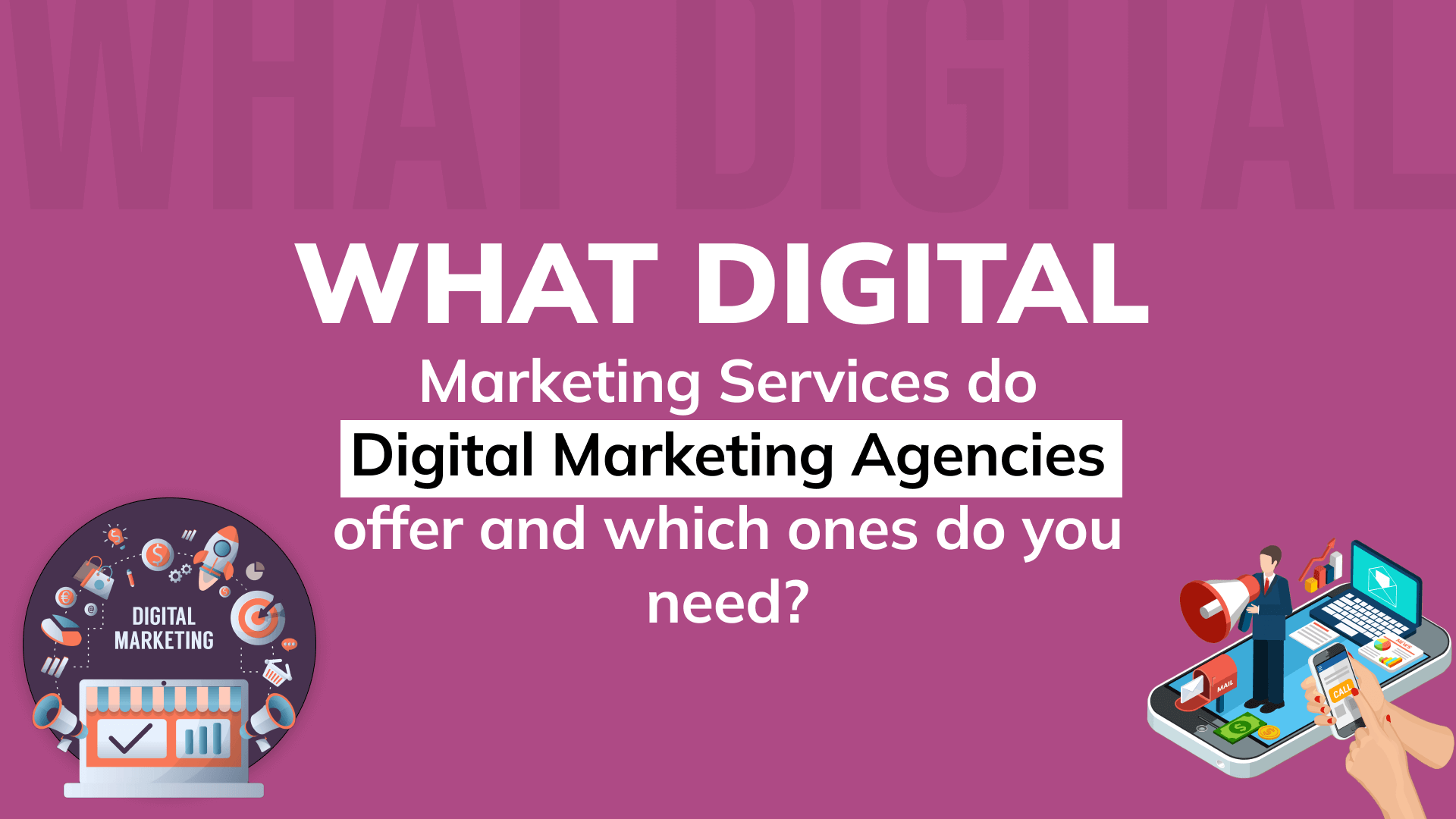Sustainable Event Planning: How to Minimize Waste and Maximize Impact
As the environmental impact of large gatherings becomes more apparent, organizers are recognizing the importance of minimizing waste and maximizing positive impact.

In recent years, the event industry has seen a shift toward more sustainable practices. As the environmental impact of large gatherings becomes more apparent, organizers are recognizing the importance of minimizing waste and maximizing positive impact. Sustainable event planning isn't just about reducing environmental harm—it's about creating a legacy of responsibility and promoting practices that benefit the planet, local communities, and future generations. By implementing eco-friendly practices, event planners can help make a significant difference while ensuring their events are memorable and impactful.
1. Choosing the Right Venue
The venue selection is one of the most important decisions in any event. Opting for a venue that aligns with sustainability goals sets the tone for the entire event. Many venues now offer green certifications and adhere to eco-friendly practices, such as energy-efficient lighting, waste reduction initiatives, and sustainable food sourcing. It’s worth investigating whether the venue has renewable energy sources, water-saving initiatives, or offers recycling services. Additionally, selecting a venue that is easily accessible by public transport can help reduce carbon emissions caused by travel.
2. Digital Invitations and Paperless Solutions
One of the easiest ways to reduce waste in event planning is to go digital. Traditional paper invitations, menus, and event programs can contribute to unnecessary waste. Instead, opt for digital invitations, online RSVPs, and event apps that provide all event details. These digital tools can also serve as a platform for event agendas, speaker bios, and venue maps. Not only does this reduce paper waste, but it also allows attendees to easily access event information on their phones, making the experience more convenient.
3. Sustainable Catering
Food waste is a significant issue at many events, with vast amounts of uneaten food ending up in landfills. To tackle this, choose a catering company that prioritizes sustainable practices, such as sourcing local and organic ingredients. When planning the menu, consider offering smaller portion sizes to reduce the likelihood of food waste. Additionally, offering plant-based options is an excellent way to minimize the environmental impact of the event, as plant-based food generally requires fewer resources to produce compared to animal-based options. Leftover food can also be donated to local charities, ensuring it benefits those in need rather than being wasted.
4. Eco-friendly Decor and Materials
Decor is another area where sustainability can be integrated into event planning. Traditional event decor, such as plastic tablecloths, balloons, and single-use centerpieces, contribute significantly to waste. Instead, consider using reusable or compostable materials. Flowers can be repurposed for charity or given to attendees after the event, while reusable signage, banners, and table settings can be utilized at future events. Choosing biodegradable materials for any disposable items is also a step in the right direction. Avoid plastic and opt for alternatives like bamboo or glass.
5. Reduce, Reuse, and Recycle
The principles of “reduce, reuse, and recycle” should be at the core of sustainable event planning. Reduce unnecessary items like printed materials, single-use plastics, and packaging. When purchasing supplies for the event, choose items that can be reused or recycled. Consider using reusable cups, plates, and utensils, which can be washed and used for future events. Additionally, provide clear recycling stations at the event to ensure waste is properly disposed of. By encouraging guests to recycle, you create a more eco-conscious event experience.
6. Green Transportation Options
Transportation is a major contributor to an event's carbon footprint. One way to mitigate this is by encouraging attendees to carpool or use public transportation. Provide shuttle buses or other group transport options to help reduce the number of individual vehicles on the road. Many event planners now partner with rideshare companies to offer discount codes or ride-sharing services, further encouraging eco-friendly travel. For smaller events, consider venues that are within walking distance of hotels or public transit hubs to limit the need for cars altogether.
7. Offset Carbon Emissions
For larger events, carbon offset programs can help neutralize the environmental impact of travel and energy consumption. Many event organizers now choose to partner with carbon offset organizations that invest in renewable energy, forest conservation, or reforestation projects to counterbalance the event's emissions. By including this as part of your sustainability plan, you can contribute to long-term environmental recovery and demonstrate a commitment to eco-friendly practices.
8. Post-Event Impact and Legacy
Sustainability doesn’t end when the event does. It’s essential to think about the event's long-term impact and legacy. After the event, gather feedback on sustainability efforts and identify areas for improvement in future events. Consider donating leftover items like decor, furniture, or unused supplies to local schools or charities. The key to sustainable event planning is to continually learn, adapt, and evolve your practices to minimize waste and maximize the positive impact on both the environment and the community.
Conclusion
Sustainable event planning is a growing trend that reflects the increasing global awareness of environmental issues. By adopting eco-friendly practices like choosing green venues, reducing waste, offering sustainable catering options, and using digital solutions, event planners can make a positive impact. The transition to sustainability doesn’t need to compromise the quality or success of an event; instead, it creates a meaningful, responsible experience for all involved. Through careful planning and mindful decisions, sustainable events can set the stage for a better, greener future.
What's Your Reaction?



















.jpg)